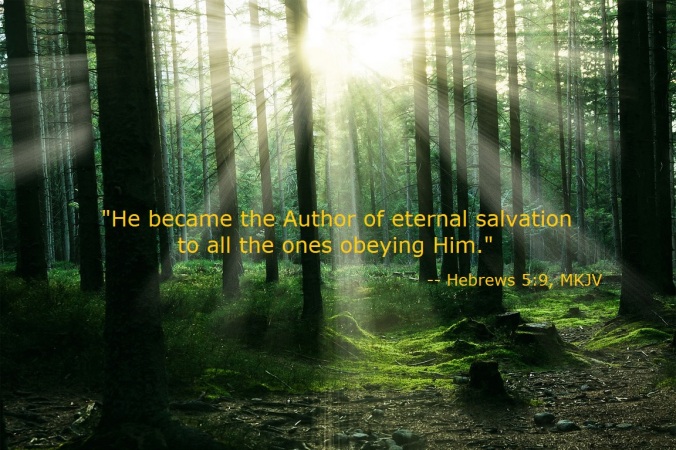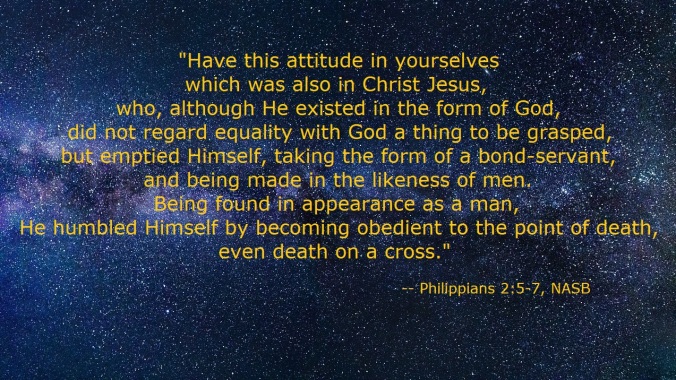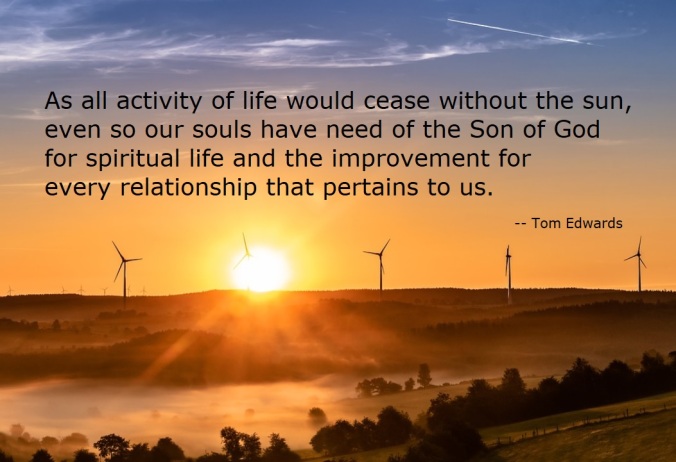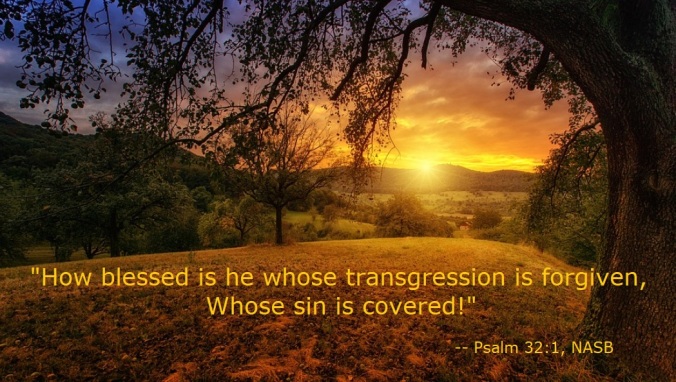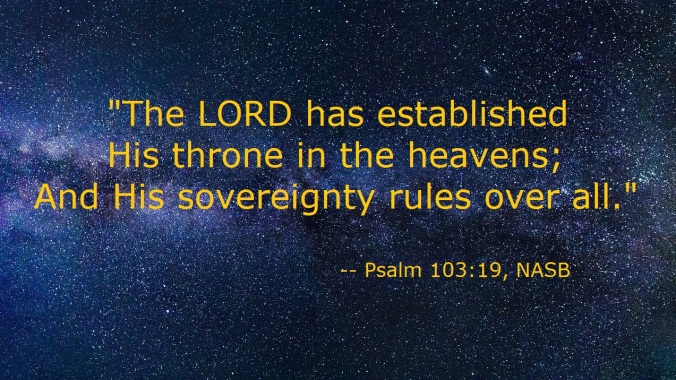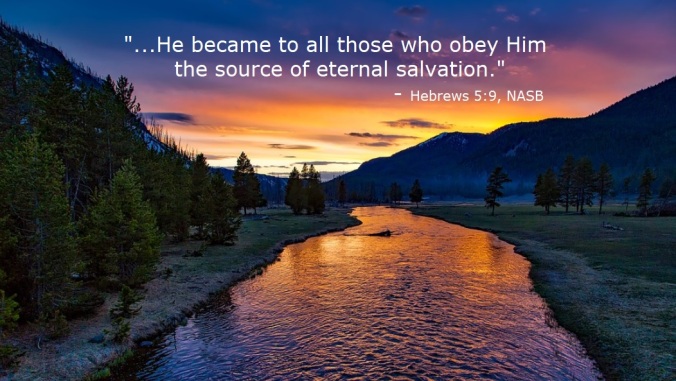“Go therefore and make disciples of all the nations…teaching them to observe all that I commanded you; and lo, I am with you always, even to the end of the age” (Matthew 28:19-20, NASB).
——————–
Contents:
1) Not Our Workmanship, But His (Bill Hall)
2) The Myth (Shane Williams)
3) What Makes the Difference? (Bill Crews)
4) Whose Orders? (Bob Hines)
——————–

-1-
Not Our Workmanship, But His
Bill Hall
“For we are His workmanship, created in Christ Jesus for good works, which God prepared beforehand that we should walk in them” (Ephesians 2:10).
When one is baptized he becomes a new creation, but he is not the creation of any man. He is the workmanship of God.
He is not the workmanship of the person who converted him — not primarily, anyway. Man can teach, influence, persuade, and baptize; but only God can cleanse, and give him new life. He is God’s creation — God’s workmanship. Just as surely as no man could create an “Adam,” just that surely no man can create a new creature in Christ.
Neither is one self-made. In Christ, one does not lift himself “by his own bootstraps.” Christianity is not a “do-it-yourself religion” — not in the fullest sense. One does not effect his own salvation through his own merit. Rather, in obedience to the gospel and faithfulness as a Christian, he places himself as clay in God’s hand, to become the work of the divine Potter, who molds, shapes, and perfects him that he might be fashioned in the image of His Son.
He is the workmanship of God because his salvation is “by grace…through faith,” “the gift of” God (Ephesians 2:8,9). If one’s salvation were of meritorious works, he would not be the workmanship of God. This is the primary thrust of the passage.
The workmanship of God exists as a monument to the greatness of the Potter; as a beautiful painting is a monument to an artist, so a mature and perfected Christian is a monument to the marvelous power of God. Such a person is a product of God’s grace and exists for “the praise of His glory” (Ephesians 1:6,12,14; 3:14-19). That God could take a Peter, a John, a Saul of Tarsus, an Aquila, a Priscilla, a John Mark, and mold him or her into the lovely vessel each became is a manifestation of His greatness. That He could do the same for people this writer has known and observed equally manifests His greatness. That He can and will do the same for me if I will but submit myself to His care in humble obedience, trust, and prayer is the greatest marvel of all.
The workmanship of God must be handled with care. Such a person is special, precious, priceless to God. As one is cautious in handling a family heirloom or rare piece of pottery fashioned by the hands of a master, so we must be cautious in our treatment of that creation which is the work of God. “Do not destroy the work of God for the sake of food,” Paul warned the Romans (Romans 14:20). That person toward whose tender conscience you are showing little regard or whose soul you are placing in jeopardy is the work of God. Love that person. Appreciate him. Be tender toward him. Recognize his value. Handle with care!
The workmanship of God must never be content until it is brought to perfection. “Finish then Thy new creation,” Charles Wesley wrote in his familiar hymn, “Love Divine.” In keeping with this, Paul could express his confidence in the Philippian Christians, “That He who has begun a good work in you will complete it until the day of Jesus Christ” (Philippians 1:6,7). Only those who remain in the Potter’s hands until brought to completion and perfection become vessels of honor. All others become marred and fit only for destruction (II Timothy 2:19-21).
Let not man, then, boast of himself. Self-righteousness has no place in the heart of a Christian. If any man boast, “let him glory in the Lord” (I Corinthians 1:31) and “in the cross of our Lord Jesus Christ” (Galatians 6:14). We are His workmanship.
— via Gospel Power, Vol. 13, No. 33, Aug. 13, 2006
——————–

-2-
The Myth
Shane Williams
Once we decide to obey God completely, it’s easy to assume that the rest of our life will run smoothly. If it does, we think this proves that we’re doing God’s Will. If we run into obstacles, however, we’re quick to conclude that we must be doing something wrong or God is unhappy with us. Rather than question our measuring stick, we question our dedication, and sometimes even God.
It’s a myth to believe that if we obey God, everything will always go well. Being dedicated to God means going with Him even when things don’t go our way. In fact, as you consider the growth of the church in the first century, the Bible is clear that the gospel advanced during times of suffering.
Although Paul was imprisoned when he wrote to the Philippians, his adversity didn’t cause him concern. His objective was to preach the gospel and he didn’t question that goal just because he had been arrested. He made the most of the circumstances and continued to proclaim Jesus even to his captors. His imprisonment furthered the gospel!
“Now I want you to know, brethren, that my circumstances have turned out for the greater progress of the gospel, so that my imprisonment in the cause of Christ has become well known throughout the whole praetorian guard and to everyone else, and that most of the brethren, trusting in the Lord because of my imprisonment, have far more courage to speak the Word of God without fear” (Philippians 1:12-14).
How would you and I react if we were in Paul’s shoes? Would we question our faithfulness, God’s love for us, or perhaps question if there was even a God?
Don’t be fooled by the misleading notion that life will be easy if you obey God. God doesn’t always remove difficulties; He uses them for your good and for His glory.
— via The Lilbourn Light, Vol. 9, Nos. 4,5, Aug/Sept. 2008
——————–

-3-
What Makes the Difference?
Bill Crews
* If a man has money and is not willing to have it examined, people think it is counterfeit.
* If a man is afraid to take a lie detector test, people think he is guilty of crime.
* If a man conducts a business and is unwilling to let anyone investigate it, folks think he is running a crooked business.
But, many preachers teach doctrines that under no circumstances will they test or allow to be tested by the Bible. Yet millions of people will accept them as upright, honest teachers of the truth, and will risk their salvation upon them. What makes the difference? The Bible instructs us to try the teachers (I John 4:1). The truth never fears investigation!
— Via La Vista church of Christ
——————–

-4-
Whose Orders?
Bob Hines
Years ago I read notice of a horrible train wreck in which many people died painfully amid the twisted burning wreckage. The engineer was killed as well. But as he lay near death he showed those nearby a paper, saying, “Take this. It will show I was given the wrong orders.” And, they were the wrong orders. He had been on the wrong track, yet he was still dying, along with many others.
Friend, you have an eternal soul. What orders are you following: God’s, or man’s idea of religion? Make sure, because sincerity is not enough!
— via The Beacon, July 8, 2018
——————–
The Steps That Lead to Eternal Salvation
1) Hear the gospel, for that is how faith comes (Rom. 10:17; John 20:30-31).
2) Believe in the deity of Christ (John 8:24; John 3:18).
3) Repent of sins (Luke 13:5; Acts 17:30).
4) Confess faith in Christ (Rom. 10:9-10; Acts 8:36-38).
5) Be baptized in water for the remission of sins (Mark 16:16; Acts 2:38; 22:16; Rom. 6:3-4; Gal. 3:26-27; 1 Pet. 3:21).
6) Continue in the faith, living for the Lord; for, if not, salvation can be lost (Heb. 10:36-39; Rev. 2:10; 2 Pet. 2:20-22).
——————–
Tebeau Street
CHURCH OF CHRIST
1402 Tebeau Street, Waycross, GA 31501
Sunday services: 9:00 a.m. (Bible class); 10 a.m. & 5 p.m. (worship)
Wednesday: 7 p.m. (Bible class)
evangelist/editor: Tom Edwards (912) 281-9917
Tom@ThomasTEdwards.com
http://thomastedwards.com/go (Older version of Gospel Observer website without pictures, but back to March 1990)
http://tebeaustreetchurchofchrist.org/
http://ThomasTEdwards.com/audioser.html (audio sermons)
